Learn about brain health and nootropics to boost brain function
High BMI Linked to Weak Smell-Eating Circuit in Brain
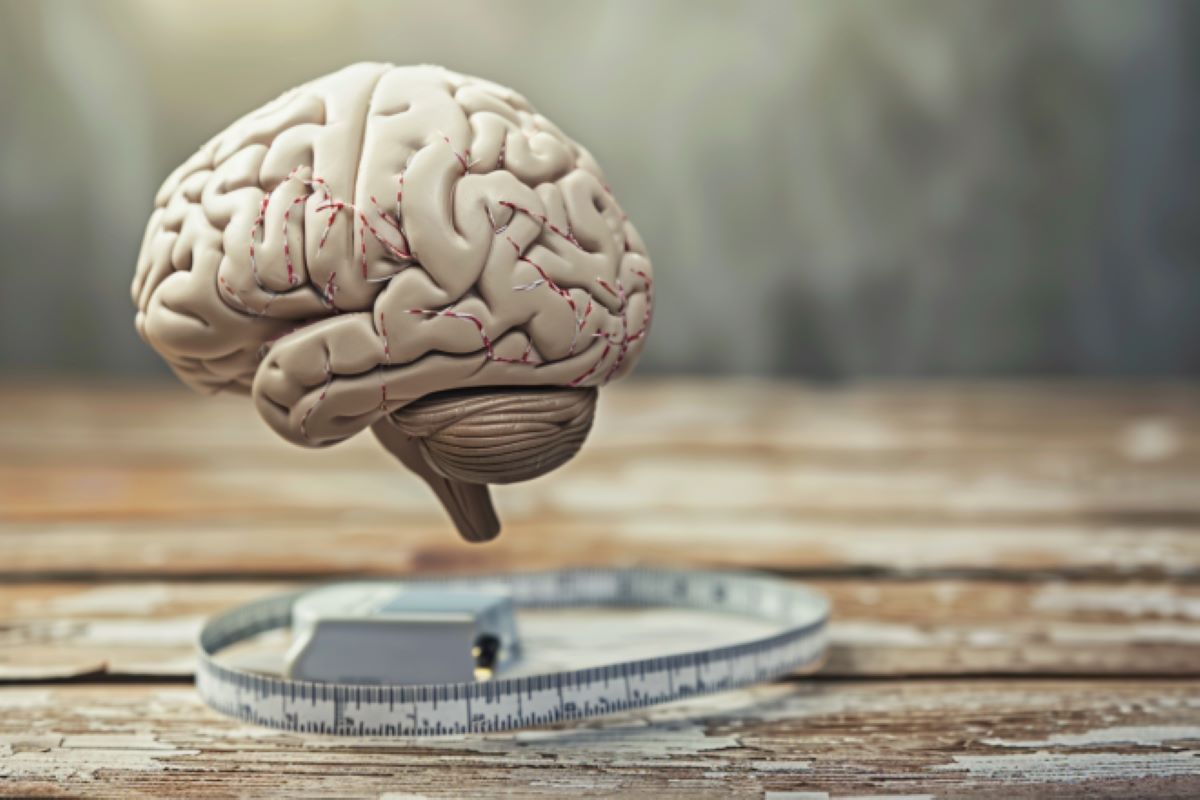
Summary: A new study reveals a novel brain circuit linking the sense of smell and eating behavior. The weaker the connection between these regions, the higher a person’s Body Mass Index (BMI). This discovery suggests a potential neural mechanism underlying overeating, where disrupted circuits…
Weak brain circuit connection found to influence overeating and obesity
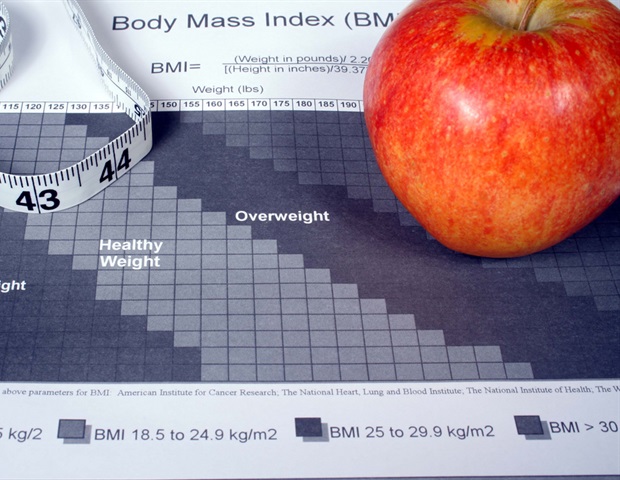
Why can some people easily stop eating when they are full and others can’t, which can lead to obesity? A Northwestern Medicine study has found one reason may be a newly discovered structural connection between two regions in the brain that appears to be…
Study finds astrocytic pH regulator can repair blood-brain barrier, reverse brain damage caused by ischemic stroke
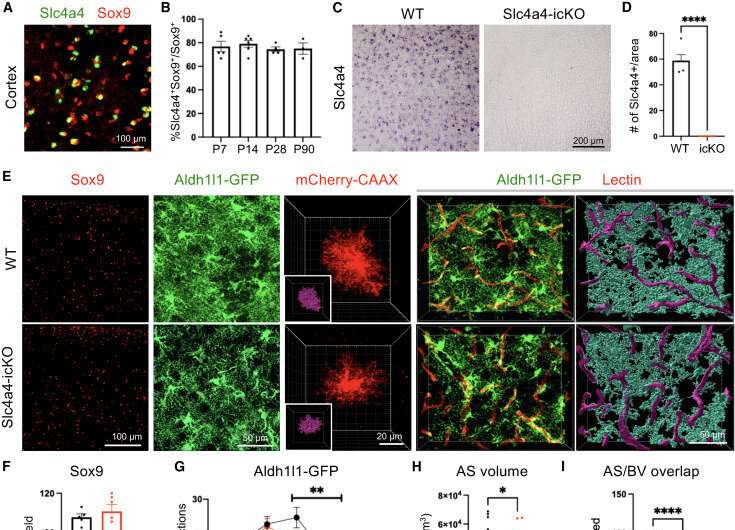
Slc4a4 is required for morphological complexity and proper Ca2+ propagation in the adult brain. Credit: Cell Reports (2024). DOI: 10.1016/j.celrep.2024.114193 Ischemic stroke is a leading cause of death and disability, affecting about 15 million worldwide each year. Among the various factors contributing to the…
An astrocytic pH regulator that can repair the blood-brain barrier and reverse brain damage caused by ischemic stroke
Ischemic stroke is a leading cause of death and disability, affecting about 15 million worldwide each year. Among the various factors contributing to the pathogenesis of this condition is the loss of the blood-brain barrier, a highly selective protective cellular barrier that prevents harmful…
Exercise stimulates brain function thanks to its effect on muscles, study suggests
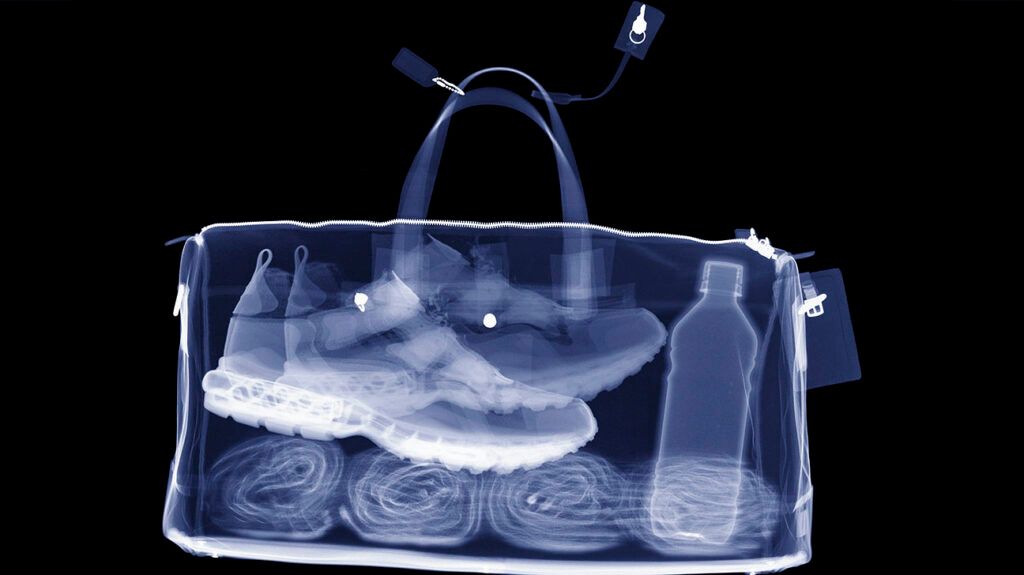
Exercise gives the brain a boost, and may help protect against cognitive decline, but why? Image credit: NICK VEASEY/SCIENCE PHOTO LIBRARY/Getty Images. Exercise can stimulate brain-boosting molecules when muscles are active, a new study found. By innervating muscle-tissue models, researchers found that the same…
Study suggests eating these superfoods can help you live longer
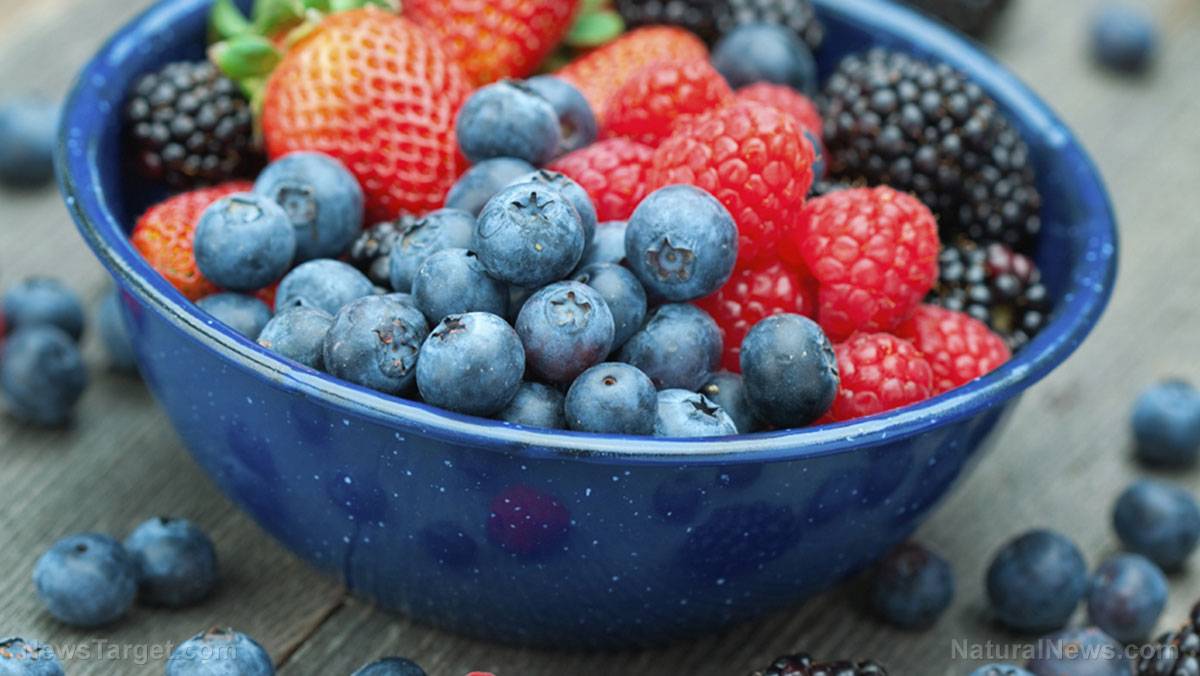
Over the years, numerous observational studies have reported a strong link between higher intakes of flavonoid-rich foods and a lower risk of chronic disease and mortality. Flavonoids, sometimes called vitamin P , are polyphenolic compounds commonly found in colorful fruits and vegetables, as well…
Super-detailed map of brain cells that keep us awake could improve our understanding of consciousness
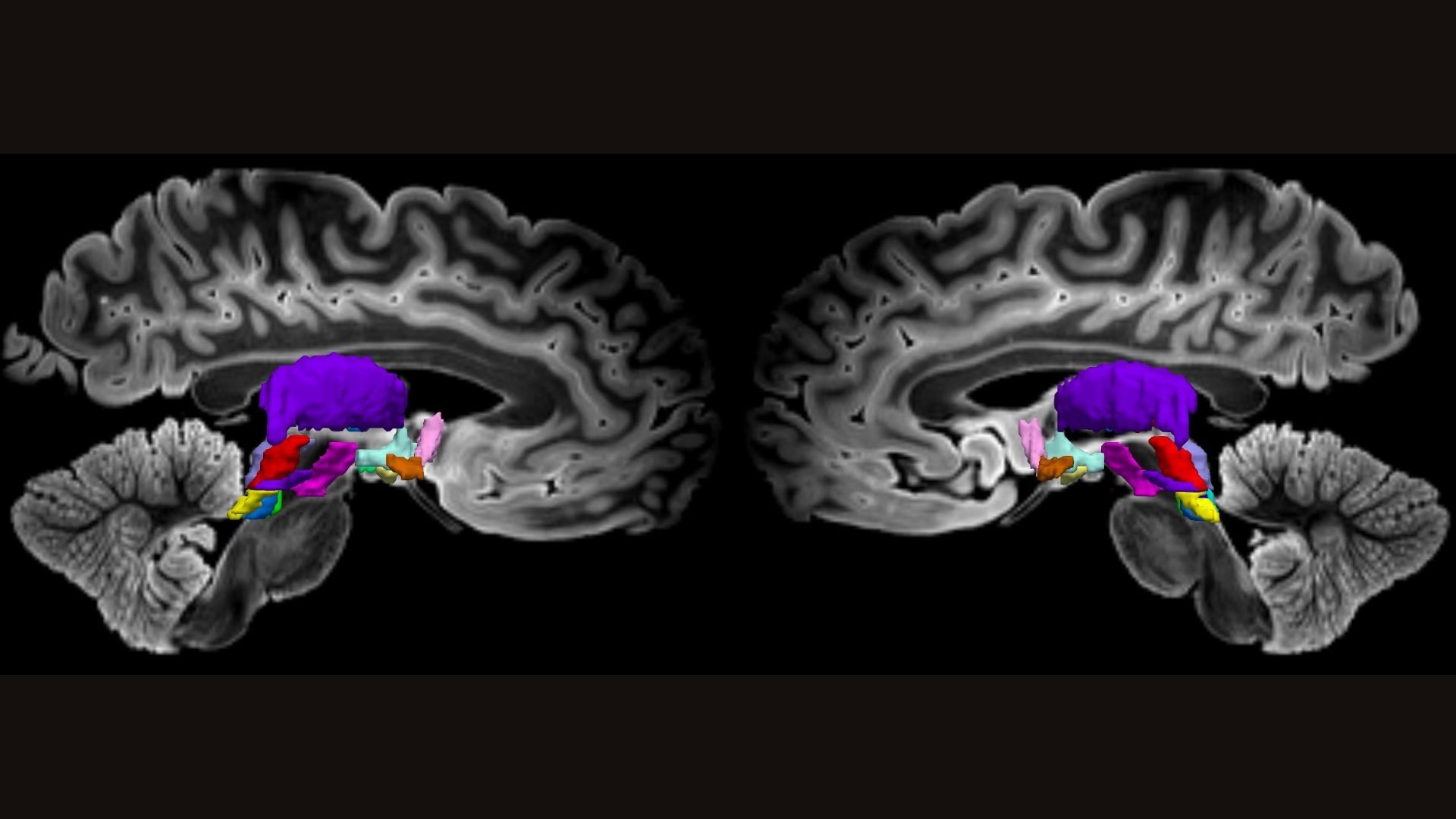
The major nodes of a human brain network that keeps us awake are shown color-coded in this MRI scan of a postmortem brain. (Image credit: Edlow et al., Sci. Trans. Med., 16 eadj4303 (2024). (Cropped by Live Science.)) Scientists have charted a comprehensive map…
Brain rhythms: Key to understanding emergent thought
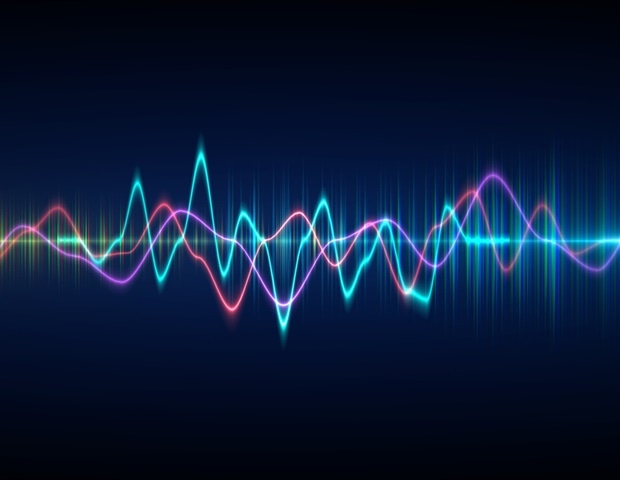
Thought emerges and is controlled in the brain via the rhythmically and spatially coordinated activity of millions of neurons, scientists argue in a new article. Understanding cognition and its disorders requires studying it at that level. It could be very informative to observe the…
Team demonstrates miniature brain stimulator in humans
Rice University engineers have developed the smallest implantable brain stimulator demonstrated in a human patient. Thanks to pioneering magnetoelectric power transfer technology, the pea-sized device developed in the Rice lab of Jacob Robinson in collaboration with Motif Neurotech and clinicians Dr. Sameer Sheth and…
Protecting brain cells with cannabinol: Research suggests CBN shows promise for treating neurological disorders
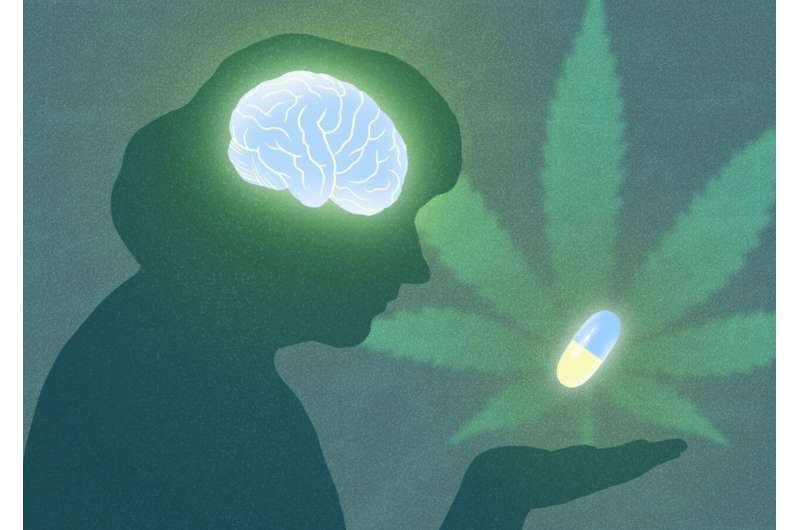
The outline of a person and their brain facing a cannabis leaf and symbolic CBN pill, demonstrating the potential for CBN to treat neurological disorders in the future. Credit: Salk Institute One in every 10 individuals above the age of 65 develops an age-related…
Salk scientists explain how CBN protects the brain against aging and neurodegeneration
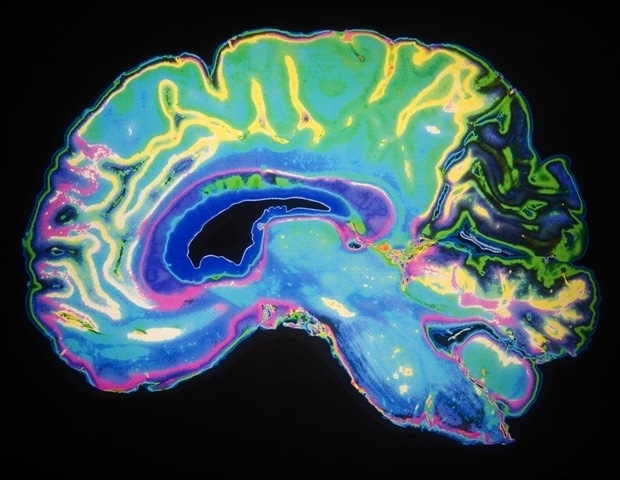
One in every 10 individuals above the age of 65 develops an age-related neurological disorder like Alzheimer’s or Parkinson’s, yet treatment options remain sparse for this population. Scientists have begun exploring whether cannabinoids-;compounds derived from the cannabis plant, like well-known THC (tetrahydrocannabinol) and CBD…
Protecting brain cells with cannabinol
One in every 10 individuals above the age of 65 develops an age-related neurological disorder like Alzheimer’s or Parkinson’s, yet treatment options remain sparse for this population. Scientists have begun exploring whether cannabinoids — compounds derived from the cannabis plant, like well-known THC (tetrahydrocannabinol)…
Boosting the brain’s control of prosthetic devices by tapping the cerebellum
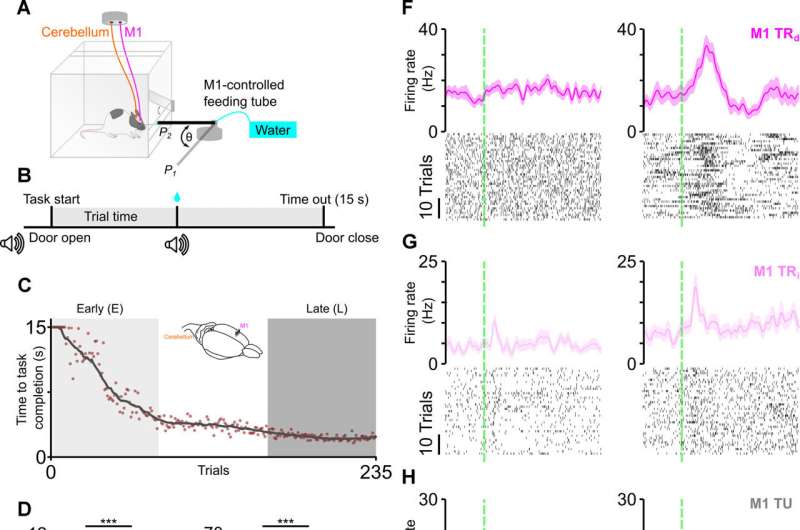
Direct and indirect modulation of M1 and cerebellar activity with neuroprosthetic learning. Credit: Science Advances (2024). DOI: 10.1126/sciadv.adm8246 Neuroprosthetics, a technology that allows the brain to control external devices such as robotic limbs, is beginning to emerge as a viable option for patients disabled…
Breakthrough brain stimulator could revolutionize treatment for neurological disorders
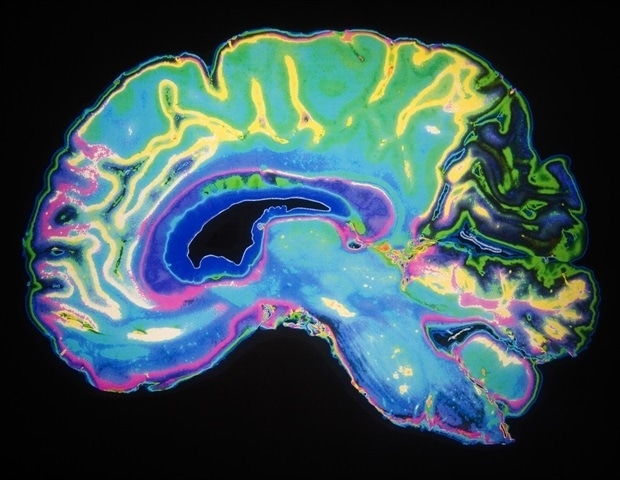
Rice University engineers have developed the smallest implantable brain stimulator demonstrated in a human patient. Thanks to pioneering magnetoelectric power transfer technology, the pea-sized device developed in the Rice lab of Jacob Robinson in collaboration with Motif Neurotech and clinicians Dr. Sameer Sheth and…
Researchers Discover New Origin of Deep Brain Waves
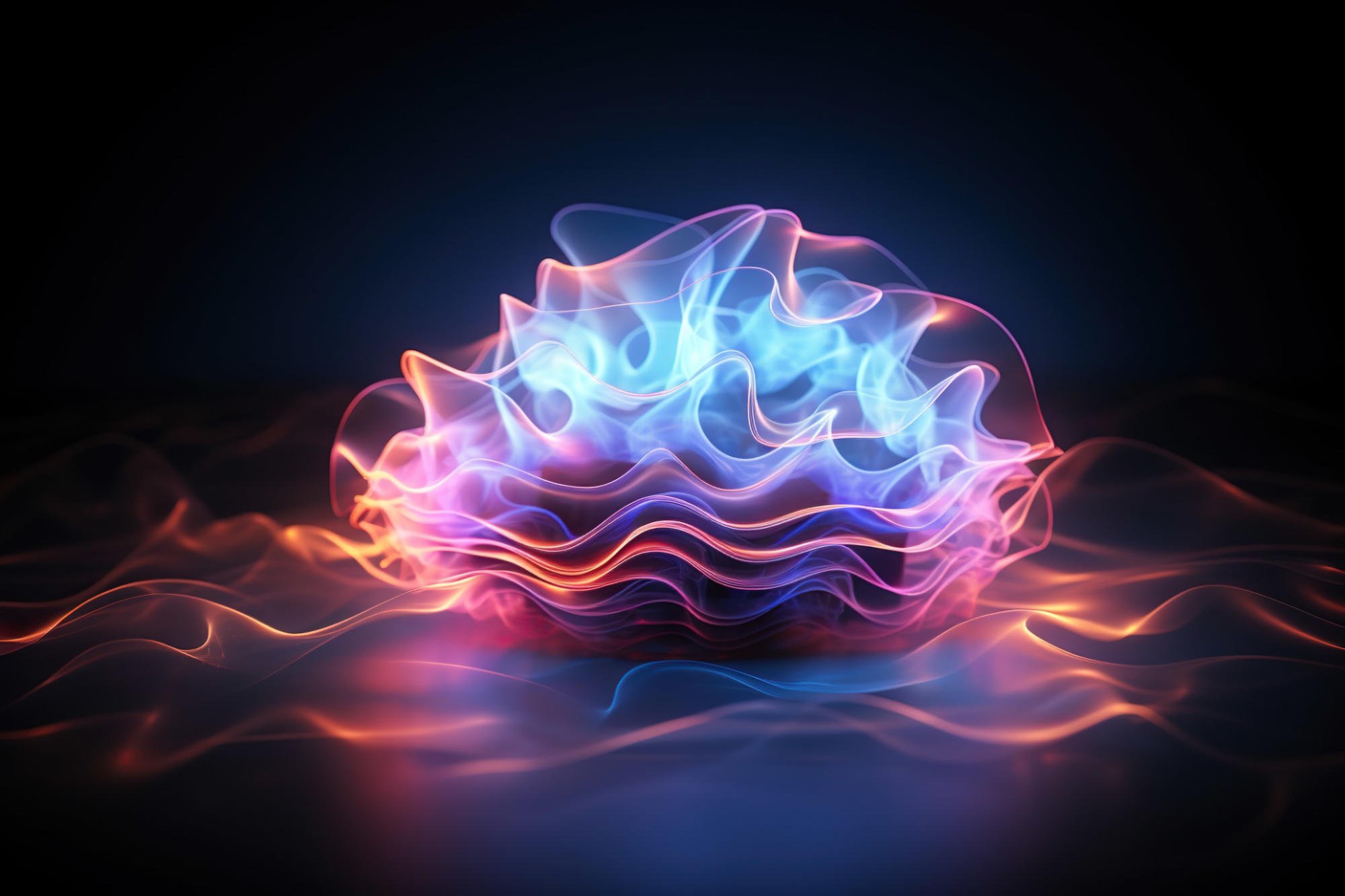
UC Irvine researchers have discovered that crucial brain waves for deep sleep, previously believed to be generated only by a specific brain circuit, also originate from the hippocampus, offering new insights into memory processing during sleep. Understanding hippocampal activity could improve sleep and cognition…
Neuroscience Breakthrough Unveils How We Learn and Remember
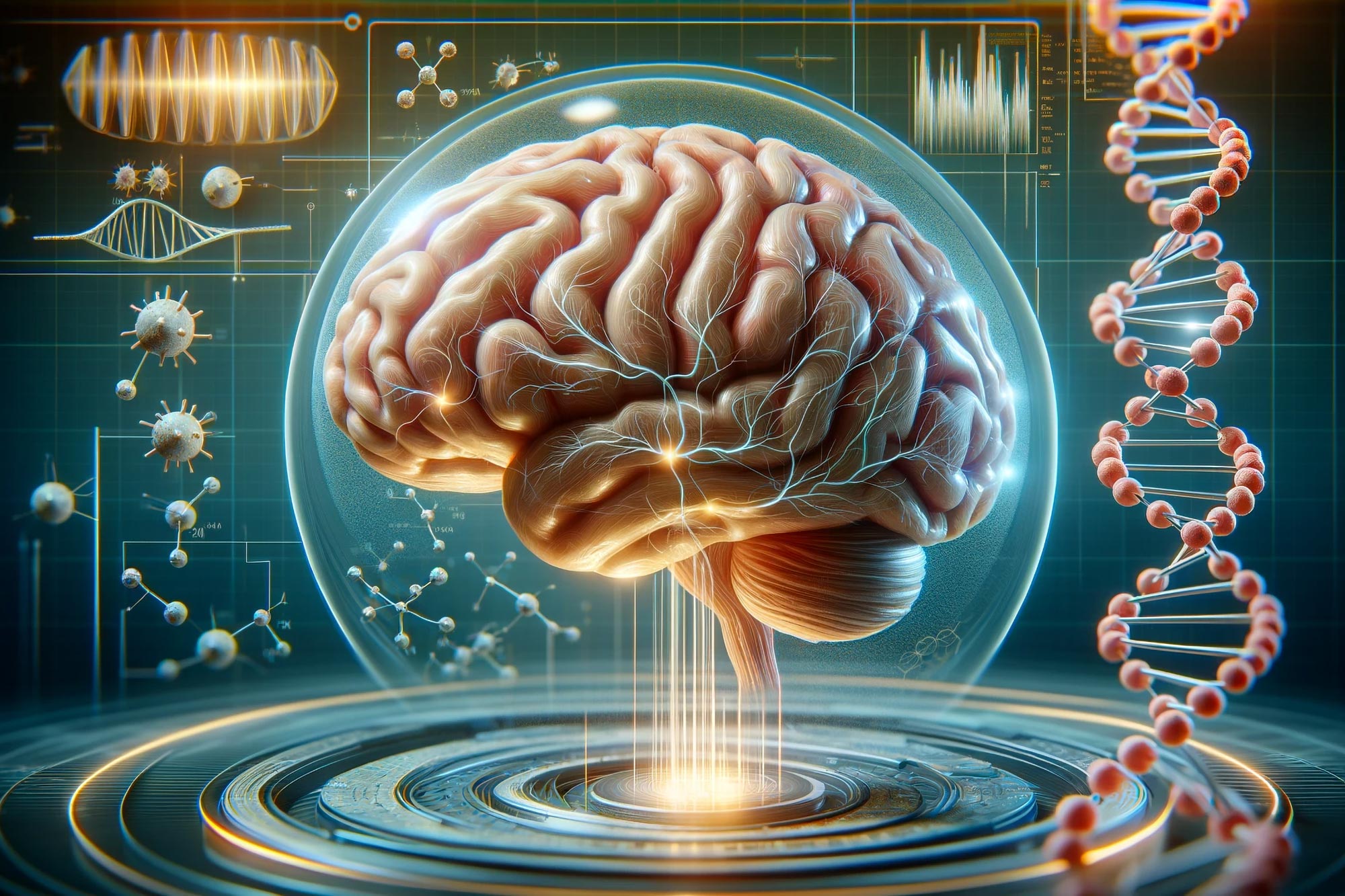
New findings in memory research reveal the role of dendritic translation in learning, identifying thousands of micropeptides and key regulatory proteins, offering insights into intellectual disabilities and broader neurological functions. Credit: SciTechDaily.com Activity taking place within the dendrites that branch off of neuron cell…
NeuM technology revolutionizes neuron labeling for neurodegenerative disease research
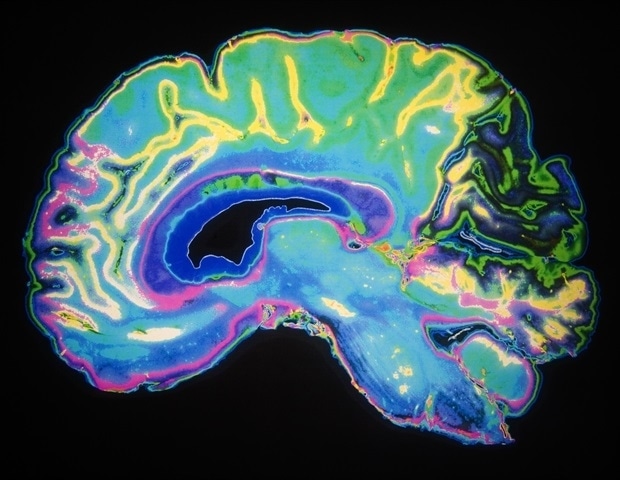
Alzheimer’s disease and Parkinson’s disease, along with stroke, are among the top three neurodegenerative disorders, characterized by the malfunction and progressive degeneration of neurons, the nerve cells. Understanding the mechanisms underlying these neurological disorders and developing therapies requires labeling technologies that can visualize neuronal…
Brain Inflammation and Memory Loss: Connecting the Dots Between Diet and Surgery
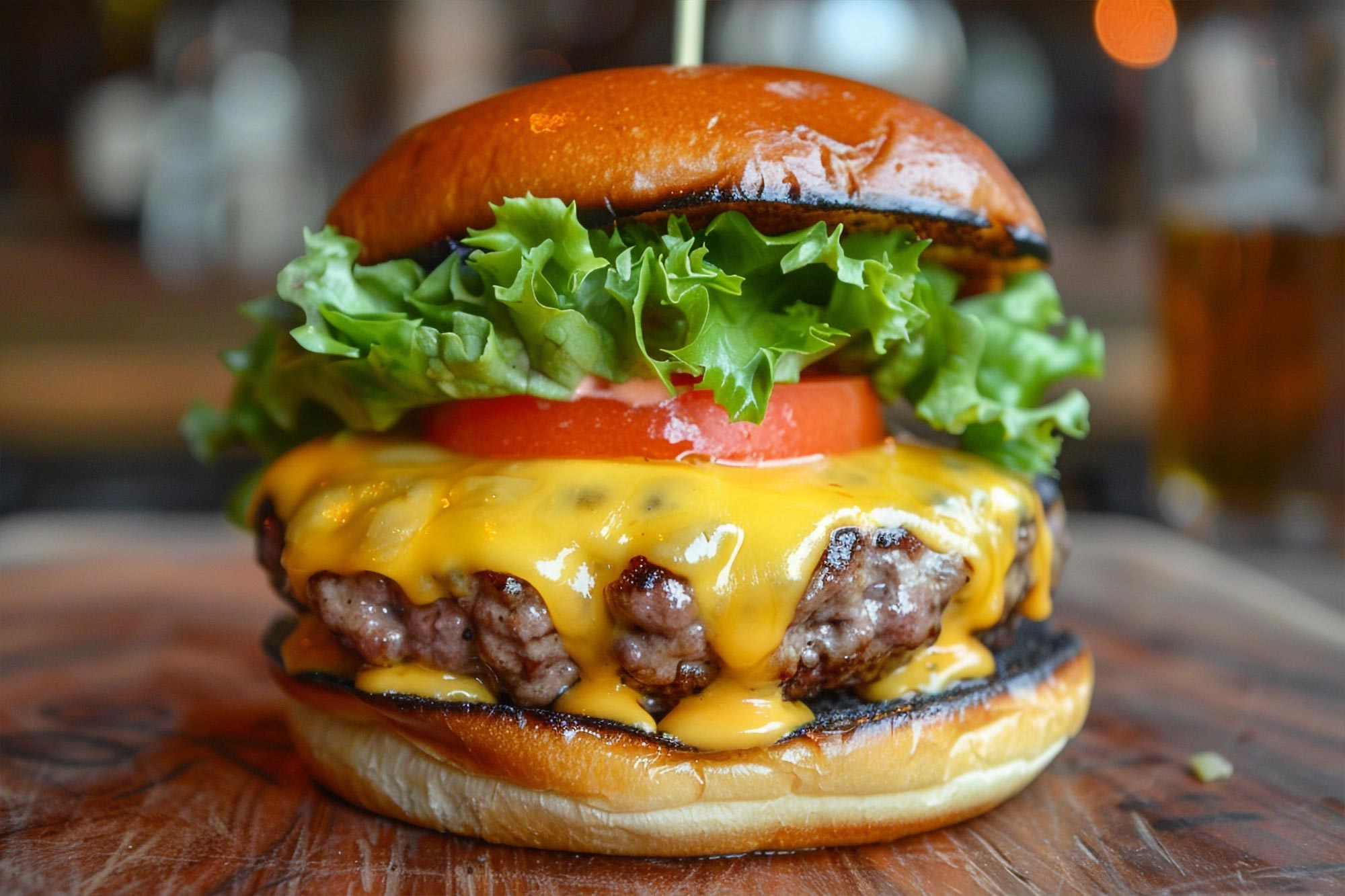
Research from The Ohio State University reveals that a high-fat diet before surgery can cause significant memory impairment in rats, both young and old. This memory issue, related to an inflammatory response in the brain, can be mitigated by taking DHA omega-3 fatty acid…
Deep brain stimulation didn’t work for a young OCD patient until new brain maps changed everything
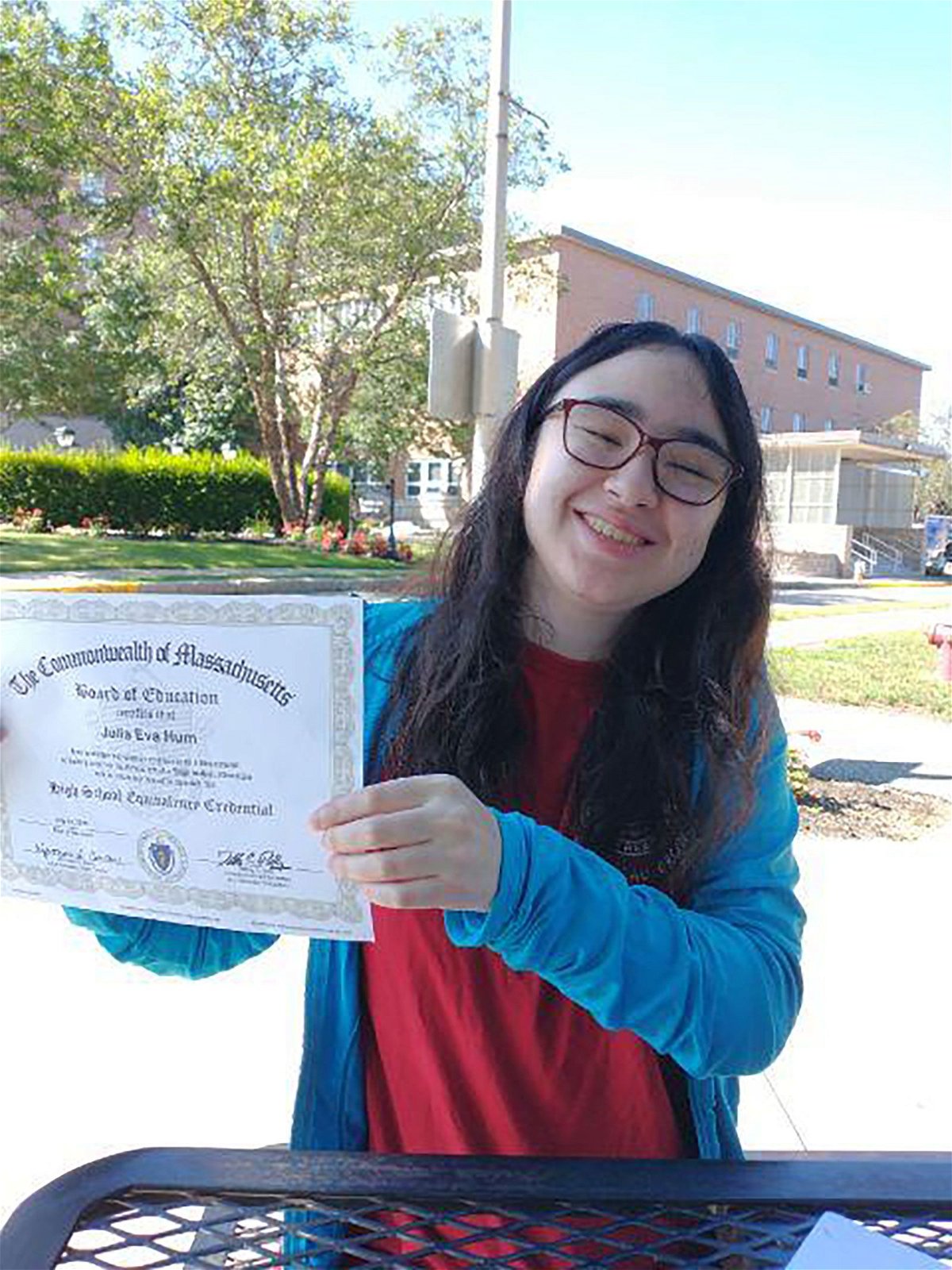
Deep brain stimulation for severe obsessive-compulsive disorder helped Julia Hum earn her high-school equivalency certificate last year. By Brenda Goodman, CNN (CNN) — Five years ago, in a wheelchair, Julia Hum was admitted to a state mental hospital in Massachusetts. After treatment with targeted…
A noninvasive treatment for ‘chemo brain’
Patients undergoing chemotherapy often experience cognitive effects such as memory impairment and difficulty concentrating — a condition commonly known as “chemo brain.” MIT researchers have now shown that a noninvasive treatment that stimulates gamma frequency brain waves may hold promise for treating chemo brain….